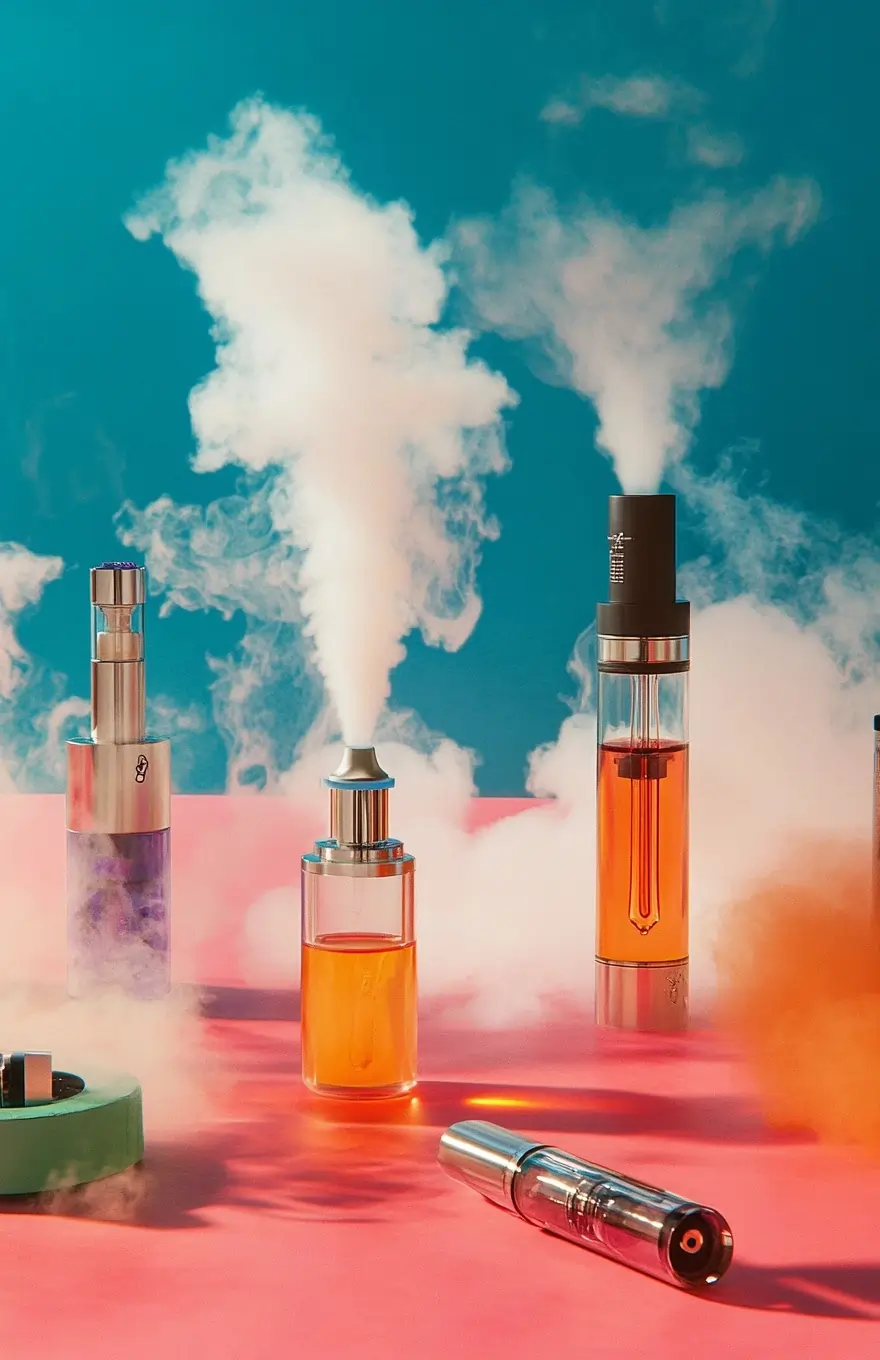
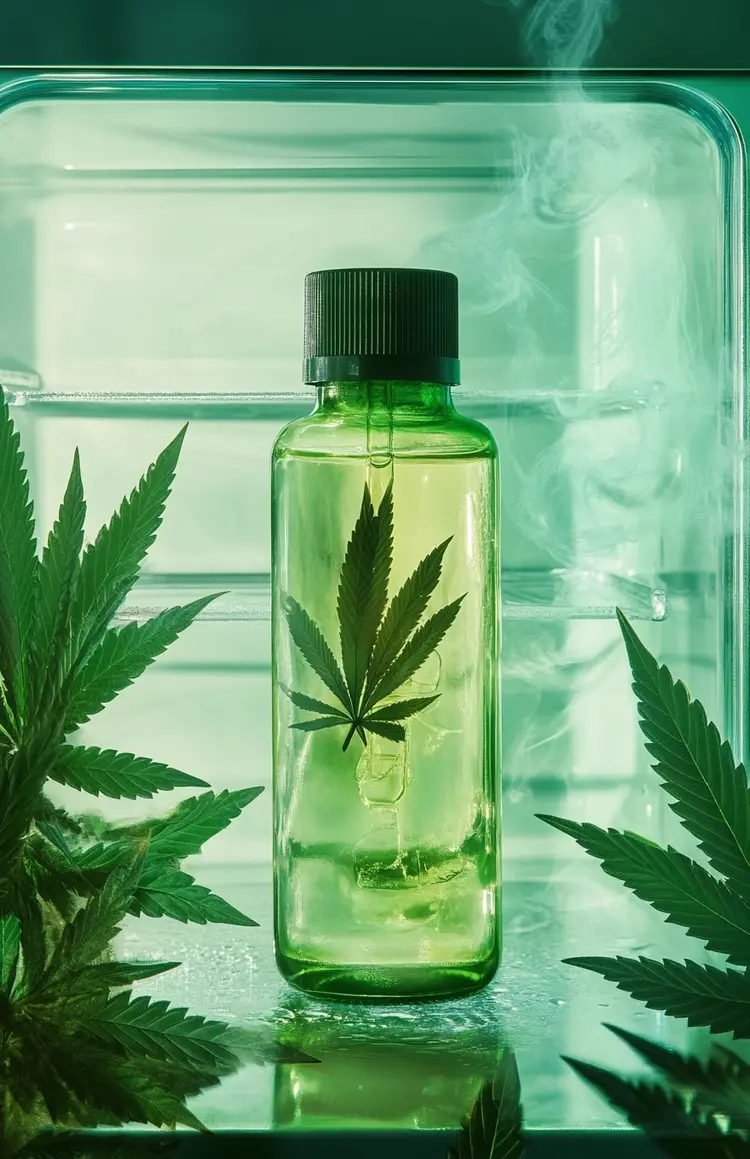
Does THCa show up on a drug test? It’s true that drug tests target THC metabolites but what about THCa? Unlike THC, which causes psychoactive effects, THCa doesn’t give you a buzz unless heated, but what does this mean for drug results? Well, there’s a chance that consuming THCa products could make you fail a drug test, however, the answer isn’t straightforward due to THCa’s unique nature.
If you’ve been consuming THCa through vaping, pre-rolls, or edibles that involve heat, you may want to pay attention. Let’s see how THCa interacts with your body, what to expect from drug screenings, and how to prepare if you have a drug test coming up. Read to learn if THCa might impact your next test and how your body processes this unique compound.
THCa, in its raw form, isn’t something standard drug tests typically detect. Drug tests are meant to detect THC metabolites, not THCa in its natural form. However, when THCa is heated—whether through vaping, smoking, dabbing, or cooking—it converts into THC through a process called decarboxylation.
Once THC is in your body, it breaks down into THC-COOH, a compound that most drug tests, like urine or blood tests, are designed to detect. So, while consuming raw cannabis won’t likely impact test results, consuming THCa products that involve heat could result in detectable THC metabolites in your system.
In short, if you’ve consumed THCa in a way that converts it to THC, there’s a chance it might show up on a drug test.
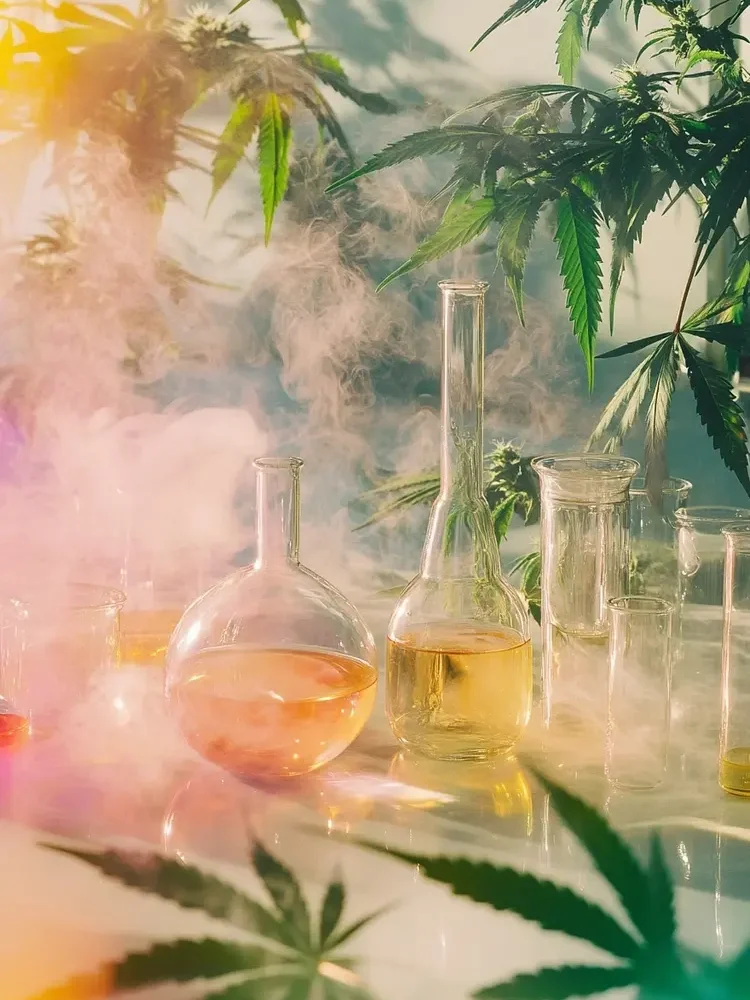
Not all cannabinoids show up on drug tests. The majority of drug tests are built to identify THC and its metabolites, leaving other cannabis compounds undetected. Understanding which cannabinoids are targeted can help you better prepare if you have a drug test coming. Here are the main cannabinoids that are usually identified in drug tests:
Other cannabinoids, like THCa and CBD, usually aren’t detected unless they’ve converted into THC or the test is specifically designed to detect them.
Non-decarboxylated THCa refers to the pure form of the compound, straight from fresh cannabis plants. Since it hasn’t been heated or altered, it remains inactive and doesn’t produce psychoactive effects like THC.
Standard drug tests are usually designed to detect THC metabolites, not raw THCa. Therefore, it’s unlikely that non-decarboxylated THCa will trigger a positive drug test. However, in some cases, more sensitive tests might detect it, but this is rare. The key factor is whether decarboxylation has occurred, as this process converts THCa into THC, which is what drug tests typically identify.
Although, if you want to be on the safe side, it’s best to avoid all cannabis products before testing. There’s a chance that traces of THC metabolites could be in the product which drug tests may identify.
Yes, once THCa is decarboxylated, it turns into THC, which is what most drug tests look for. If you’re consuming THCa by smoking, vaping, dabbing, or heating it in any way, that THC can be detected in drug screenings like urine, blood, or saliva tests. These tests don’t detect THCa directly but will find the THC metabolites your body produces after consuming it.
Since decarboxylated THCa turns into THC, it can lead to a positive drug test. If a drug test is coming up, know that consuming THCa in heated forms could affect your test results.
Yes, THCa can cause a failed drug test if it has been heated and turned into THC. When you consume THCa through heated methods, it converts to THC, which is the compound drug tests are designed to detect. Most standard drug tests focus on finding THC metabolites, such as THC-COOH, in your system.
However, if you’re consuming raw cannabis with THCa that hasn’t been decarboxylated, it likely won’t trigger a positive drug test, but there’s still a slim chance it will. The key factor is how you consume it—any method that heats the THCa will turn it into THC, which can then show up on a test. Additionally, there’s a chance the product you’re taking has traces of THC which will also lead to a failed result.
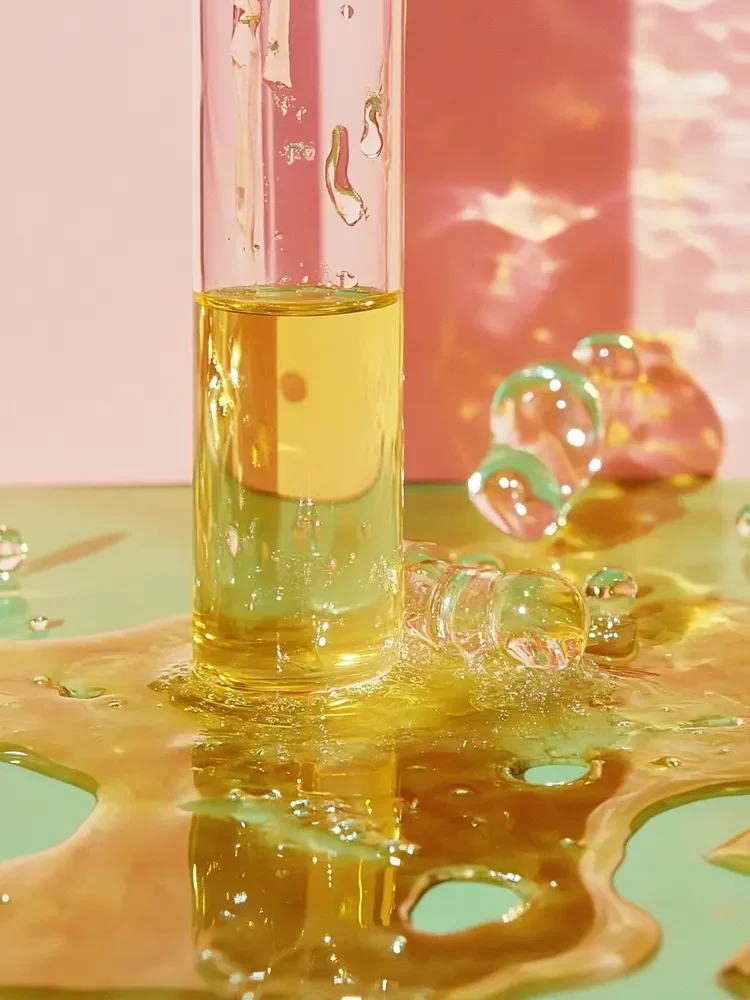
A positive result for THCa on a drug test means that it is likely converted into THC after being heated. When you smoke, vape, or otherwise heat THCa, it turns into THC, which is what drug tests detect. Tests like urine tests and blood tests look for THC metabolites, such as THC-COOH, that form in your body after consuming THC.
So, if you’ve consumed THCa in a way that involves heat, it can cause a positive drug test. Most standard drug tests don’t detect raw THCa, but once it becomes THC, it will act like any other THC product in your system, leading to a possible failed test.
The amount of time THCa stays in your body depends on a few factors. Your body processes THCa differently based on potency, how often you consume it, and your metabolism.
If you’ve been consuming THCa regularly, especially in higher doses, it may stay in your system for three or four weeks and be detectable in drug tests. If only consumed once it could be out of your system within days.
There’s no set answer for how long THCa stays in your body, but if you use it frequently or in large amounts, it could be detectable for an extended time.
If you’re consuming THCa and have a drug test coming up, there are a few things to keep in mind. The way your body processes THCa can vary depending on how often you use it, your dosage, and your metabolism. Understanding these elements can ensure you’re better prepared for drug testing, avoiding any surprise outcomes.
How often and how much THCa you consume plays a huge role in drug test results. Frequent consumption, especially in high doses, increases the chances that THC metabolites will be detected in a drug screening.
If you’re using THCa regularly, it can build up in your fat cells, making it stay in your system longer. To avoid issues with drug tests, consider lowering your dosage or reducing the frequency of use if a test is coming up.
Many THCa products contain other cannabinoids, such as CBD, CBG, or even THC. If it contains THC it most likely will result in a failed drug test. However, CBD or CBG don’t usually cause a positive drug test on their own.
It’s important to check the labels of any products you’re using to understand what other cannabinoids are present. Being aware of the complete cannabinoid profile in your product helps you make informed choices about drug tests and what products to consume.
The time since you last consumed THCa can also affect drug test results. The longer it’s been since your last use, the less likely THC metabolites will be detected in standard drug tests. However, if you’ve consumed it recently, especially in a heated form, the metabolites might still be in your system. It’s generally a good idea to stop consuming THCa at least a few weeks before a drug test if you want to avoid a positive result.
Your metabolism has a major impact on how fast your body breaks down THCa. Your body might break down and eliminate THC metabolites faster if you have a fast metabolism. On the other hand, a slower metabolism means those metabolites can stick around for a longer time. While you can’t fully control your metabolism, keeping hydrated and sticking to a healthy diet can aid in speeding up the process.
Several types of drug tests can detect THCa, especially if it has been converted into THC. As drug testing evolves, it’s important to know which tests might spot THCa in your system. Each type has a different detection window and sensitivity.
Urine tests are the commonly used method for detecting THC metabolites after THCa consumption. These tests are affordable, easy to administer, and provide quick results. Standard urine drug tests, especially the immunoassay type, can sometimes show false positives, but more advanced tests like gas chromatography/mass spectrometry (GC-MS) are more accurate.
THCa, once converted to THC, can stay in your system for days or even weeks, depending on usage. A positive test result usually occurs when THC metabolites in your urine exceed 50 ng/ml.
Saliva tests are often used to detect very recent cannabis consumption. They work by identifying THC metabolites present in your saliva, usually within 1-3 days after consuming THCa. These tests are less invasive and offer quick results, but they don’t have the longest detection window.
Blood tests are more invasive but can be used to detect THC in your system within a shorter window. THC metabolites from THCa consumption are usually present in the blood for 3 to 7 days. While blood tests are effective for detecting recent drug use, they’re less frequently used because they involve an invasive process.
Hair follicle tests can trace THC metabolites for as long as 90 days, making them the test with the longest detection window. These tests are highly effective at spotting long-term or regular THCa consumption, but they won’t detect one-time or infrequent use as well. This type of test is usually used for more thorough screenings.
While the body naturally processes THCa over time, you can do a few things to help speed it up. The time it takes depends on factors like your metabolism, how much you consume, and how often you use THCa products. Here are some steps to help clear THCa from your system:
Everyone’s body is different, so how long THCa stays in your system varies, but these steps can help support the process.
Related Article: THC Detox 101
If you want to skip the dispensary trip and explore more options, trusted brands like Hollyweed have you covered online. Shopping online is super easy and gives you access to all kinds of THCa products, from raw cannabis to tasty edibles. Just ensure you’re buying from a trusted source to get high-quality, legal THCa.
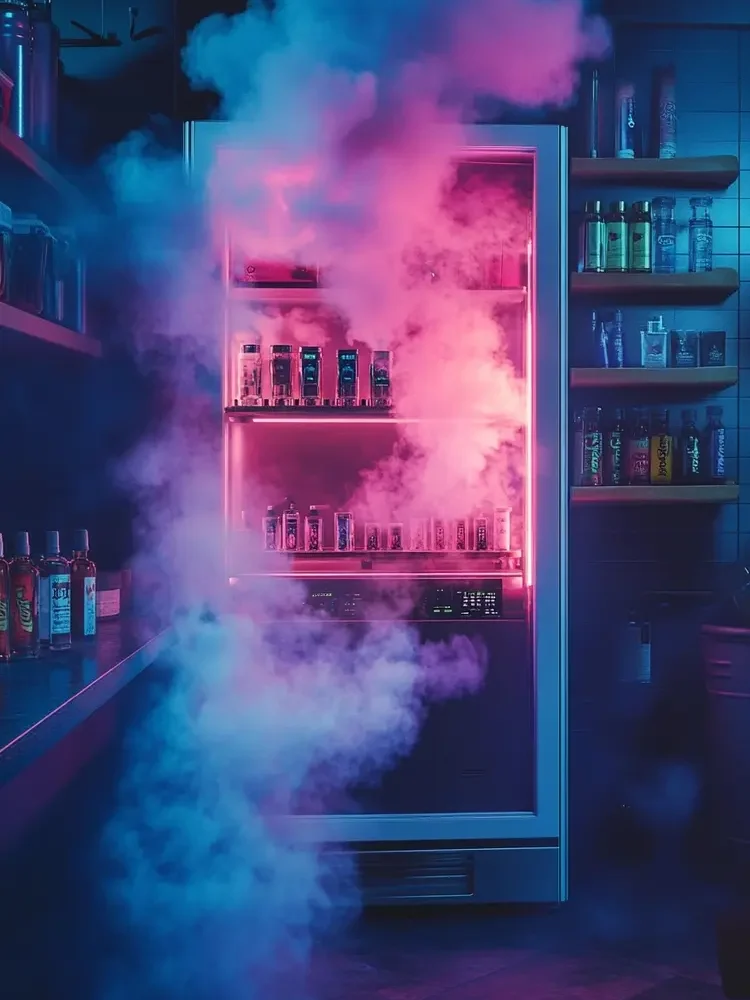
You’ll find a killer selection of premium THCa products to suit every vibe. Whether you’re into flowers, vapes, or concentrates, Hollyweed has you covered with top-tier strains and innovative options. Let’s explore some standout products that keep customers coming back for more.
In the U.S., the legality of THCa mostly depends on how it’s derived. As long as it comes from hemp and has under 0.3% THC, it’s legal according to the Farm Bill. However, once it’s decarboxylated and converted into THC, it falls into the same category as marijuana, which is illegal in many states. Always check your local laws to make sure you’re in the clear when consuming THCa products!
So, will THCa show up on a drug test? The answer depends on how you consume it. If you’re using raw THCa, it may not cause a positive drug test since it hasn’t turned into THC yet. But once you heat it—whether by smoking, vaping, or cooking—it converts to THC, and regular drug tests can detect THC metabolites. These tests don’t care where the THC came from, just that it’s in your system.
If a drug test is in your future, and you’ve been consuming THCa, it’s smart to be cautious since those tests are designed to pick up THC metabolites. At the end of the day, if you’re worried about passing that drug test, it might be best to steer clear of any THCa products until your test is complete.